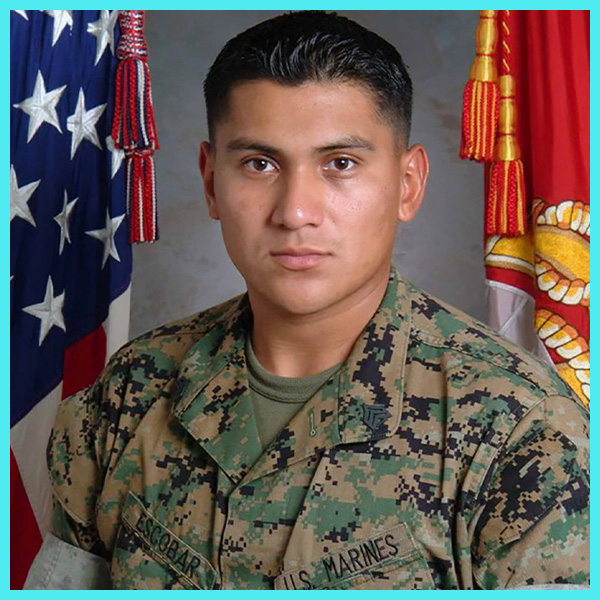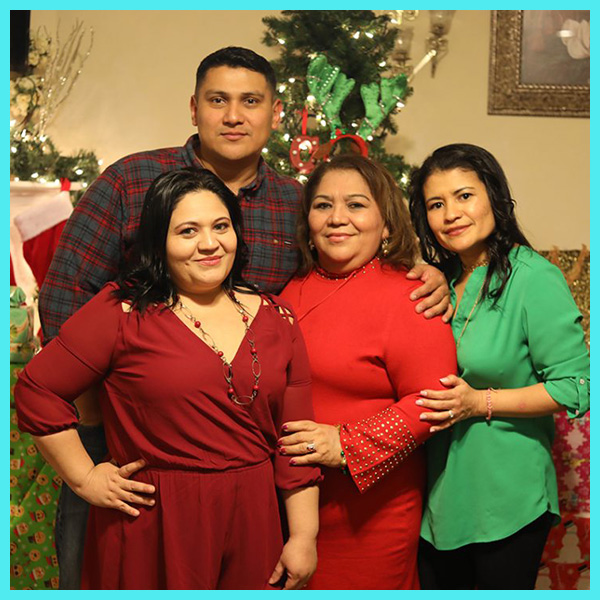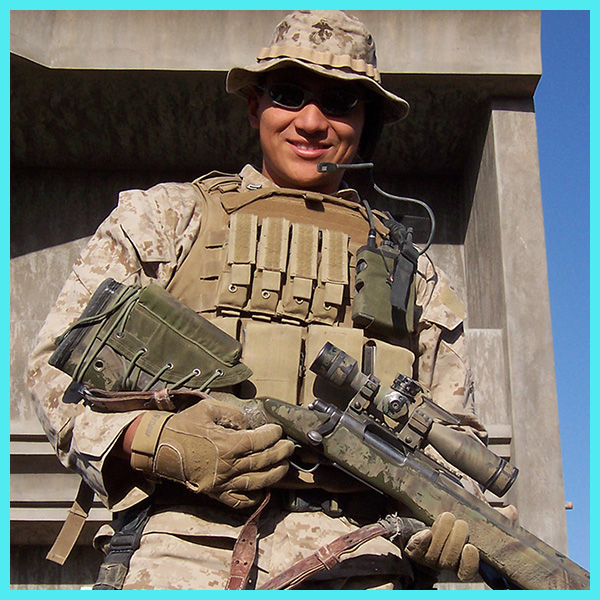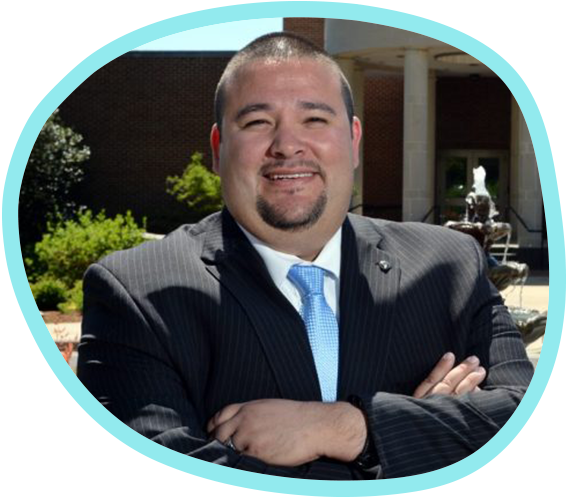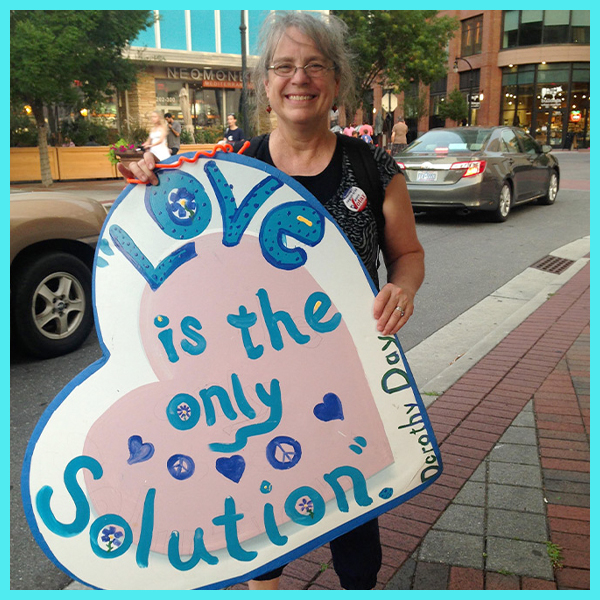I had been a short order cook, video store clerk, manufacturing plant worker, lube shop manager, and a meat delivery driver before learning about the Carolina Student Transfer Excellence Program (C-STEP).
I was a high school dropout with eight years of moving from job to job when I found my way to Alamance Community College in 2007. I had been attending ACC in pursuit of an Associate Degree in Computer Science. It was in an English course where I read a personal essay aloud to the class that prompted Professor Maria Baskins to ask me if I would be interested in C-STEP. Not long later, I was Carolina bound.
C-STEP is a program that guarantees students admission to UNC provided they meet certain criteria such as cumulative GPA requirements, among other things. One of the first things I noticed about Carolina was the size of the campus. There was a learning curve with regarding to navigating campus as compared to community college. This transition was made easier with C-STEP.
C-STEP allowed me to transfer to UNC with a group of friends who helped each other. We shared information such as how to find the bus schedule, how do the meal plans work, and how do we get tickets to the basketball games?
Classes at UNC were challenging and exciting. I remember how cool it was to be taught by professors who literally wrote the text book for the class. I made sure to take advantage of classroom discussions. My perspective as a non-traditional student was always welcomed.
After graduating from UNC in 2011, I enrolled in UNC Law, graduating in 2014. I am now an attorney practicing in Eastern North Carolina. It was in C-STEP that I met my wife, Dayla. We were married in 2011 and we are expecting our first child this Summer. C-STEP changed my life.
Written by Roy Dawson, UNC ’11 and UNC School of Law ’14
